‘Black Panther’: King of all movies
Even the stupid movie poster is beautiful. Disappointed that my wife Shuri isn’t on it, but Okoye is killing it with that stare.
Fair warning, spoilers for Black Panther ahead because I’m incapable of not losing my mind over this movie properly. I saw it on our most recent snow day. Released on February 16th, 2018 after months of fans hyping the movie up on every social media platform you can imagine, the movie did an astounding 242m in its first weekend (including the holiday). That’s already beat the entire domestic run of Justice League, Thor, Captain America: The First Avenger, and Iron Man. This is clearly something the public wants enough that we’re all willing to dish out 10 dollars to get into a stuffy movie theater to watch T’Challa save the world and our hearts, but what exactly is the motivation behind the public’s actions?
First, minorities go ham when they’re represented. 242m in the box office kind of ham. It’s difficult for straight white cis men to understand why people “care about a movie so much.” Let’s put it this way. Imagine the only movie you related to was The Emoji Movie. That’s all you get. One single, awful movie with an awkward 7% rating on Rotten Tomatoes. That’s often how minorities feel.
For example, the LGBT community gets the uncomfortable coming-of-age movies saturated with homophobia, transphobia or whatever topic the movie is addressing. Rarely is there a gay main character. The black community, directing this back to the conversation at hand, has been shoved in the “sidekick that’s only here so Hollywood technically can’t be yelled at” spot for…honestly, as long as I remember. It’s no wonder that Black Panther and is colonialism-free Wakanda has captured the hearts of many.
Wakanda itself was a driving point of the movie. It depicts an African country without the disastrous impact of white colonizers.
“For many Blacks in America whose ancestors were slaves, it showed what civilization could be like if there was no slavery, no middle passage or segregation. It would show that as Blacks, we were established and we were still booming and growing, and we’ve been here with hygiene, technology, and resources for years,” Hailey Singleton, a senior at Beaverton said.
Wakanda, while being a representation of Black power, also impacted white viewers such as myself. Wakanda is what white ancestors took from Black Americans, that sense of home and pride for a country that fights for them, which is why it’s so important to create spaces for Black Americans in our communities. Wakanda may be fictional, but that doesn’t mean it’s impossible to bring a little Wakanda everywhere we go.
It’s not just the environment that creates this beautiful world, but the characters that fill it. From a representation standpoint, the casting choices were incredible. Amandla Stenberg talked about why she took herself out of Black Panther auditions in an interview with CBC Arts.
“These are all dark-skin actors playing Africans and I feel like it would have just been off to see me as a biracial American with a Nigerian accent just pretending that I’m the same color as everyone else in the movie,” she said. “I recognize 100 percent that there are spaces that I should not take up and when I do take up a space it’s because I’ve thought really, really critically about it.”
First of all, I love her. Secondly, this drives home that Black Panther did something that not many movies do: Cast dark-skinned men and women. Hollywood is notorious for primarily casting white people, and if they do cast someone black, they are usually light-skinned and possess features of Eurocentric beauty.
Finally, the movie was just good. Really stinking, disgustingly good. I won’t lie, I cried at that sunset scene. I’m in love with Shuri with her memes and intellect. I was planning to buy myself a new phone, but after seeing this movie, there’s been a change of plans. Century 16 should start getting used to seeing me sitting in theaters.

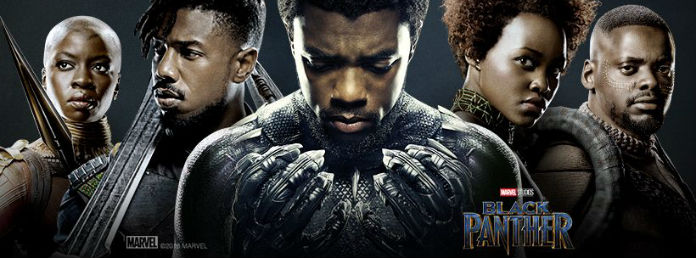

!["About The Weather" was released in 2023 as the first album by Portland emo band, Mauve. [About The Weather Album Cover]](https://beavertonhummer.com/wp-content/uploads/2024/05/AboutTheWeather.jpg)
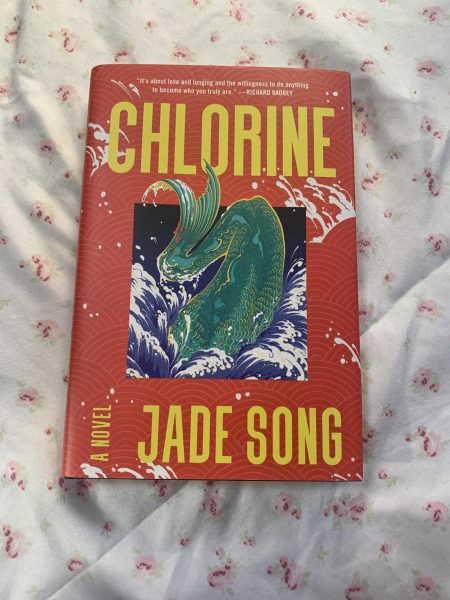
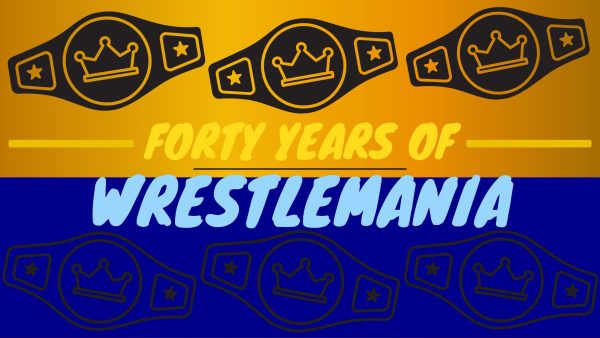
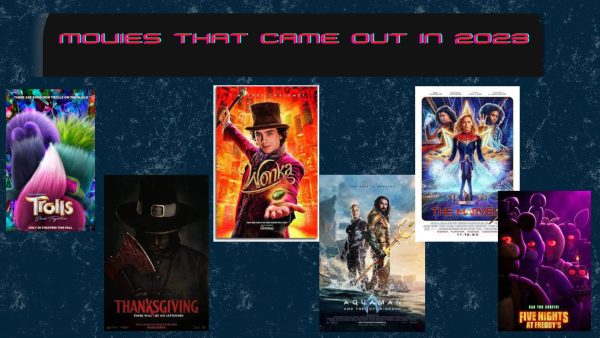
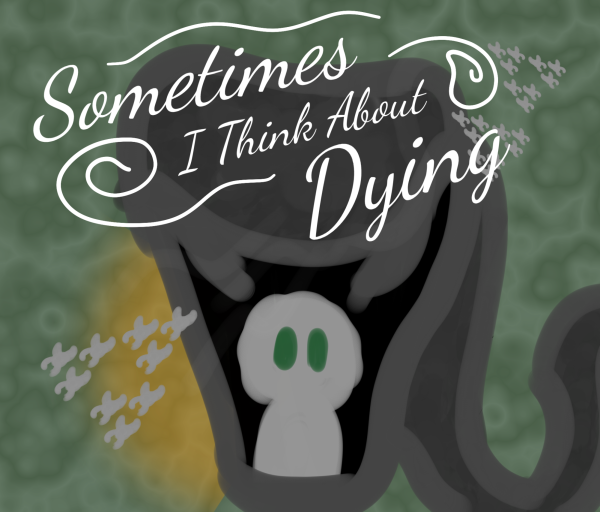
truthuspolitics • Mar 8, 2018 at 10:54 am
Ever heard of Hancock? Blade?
Plus this movie does the comics a disservice